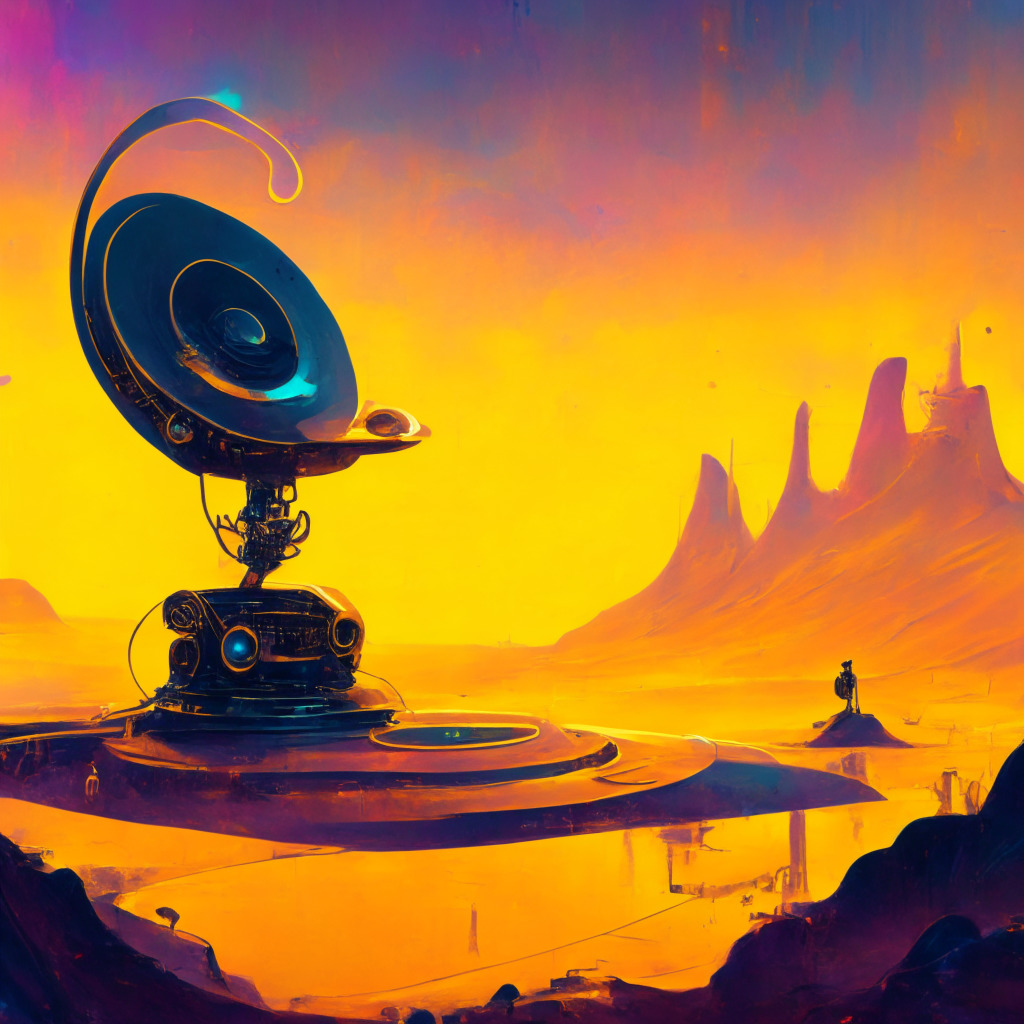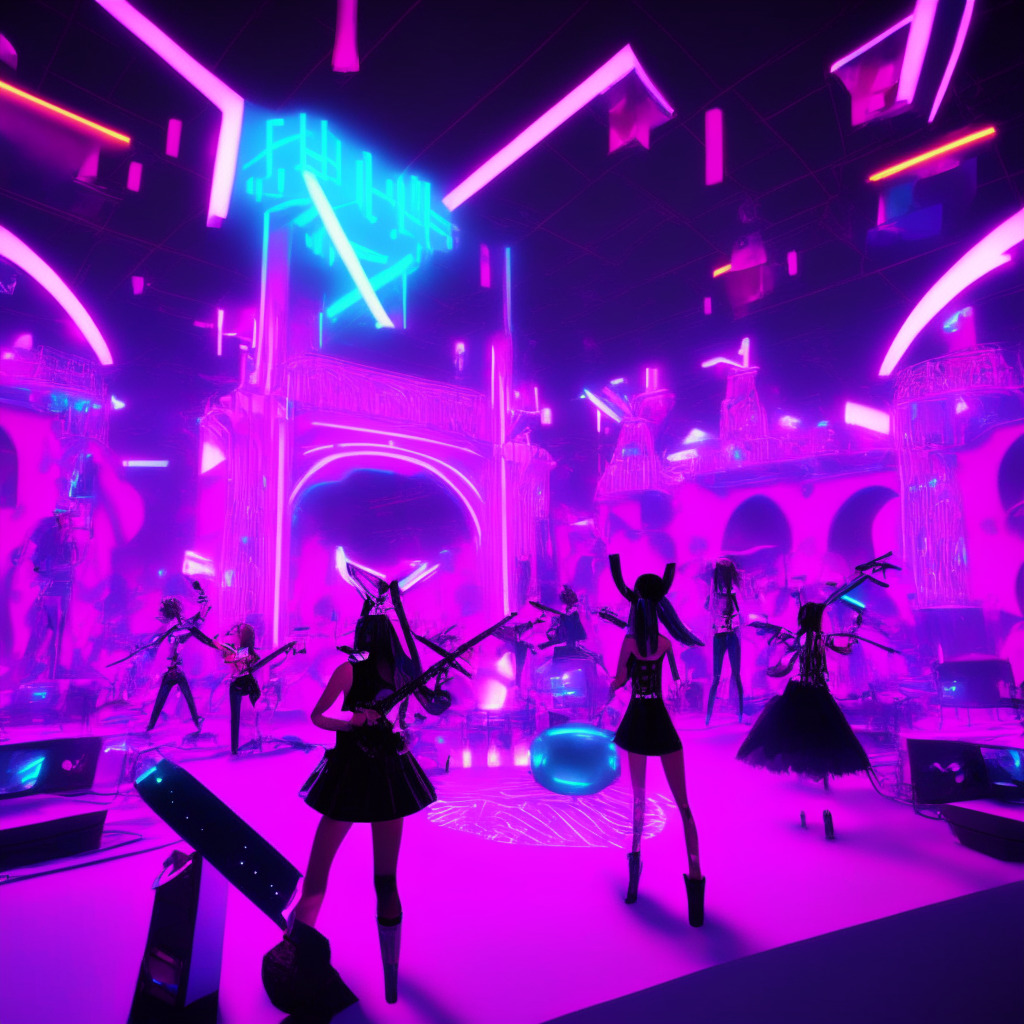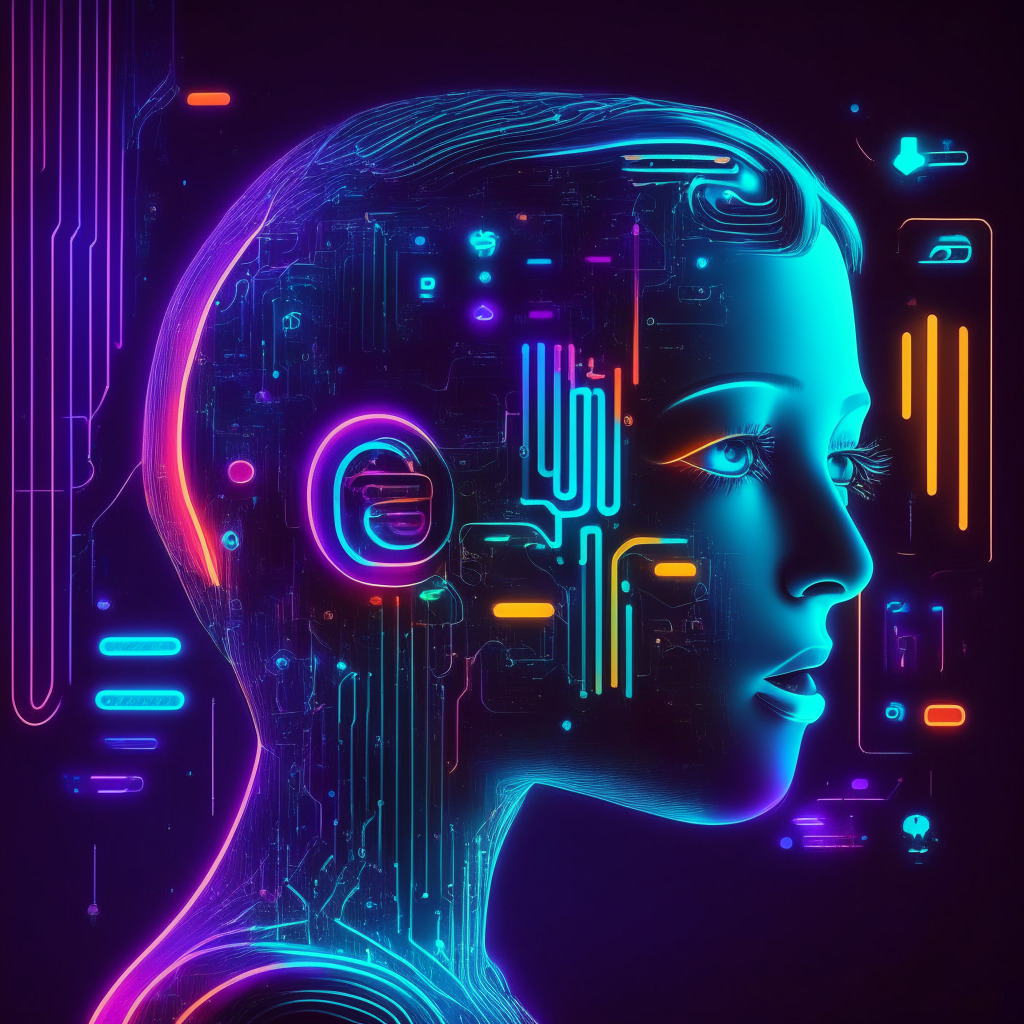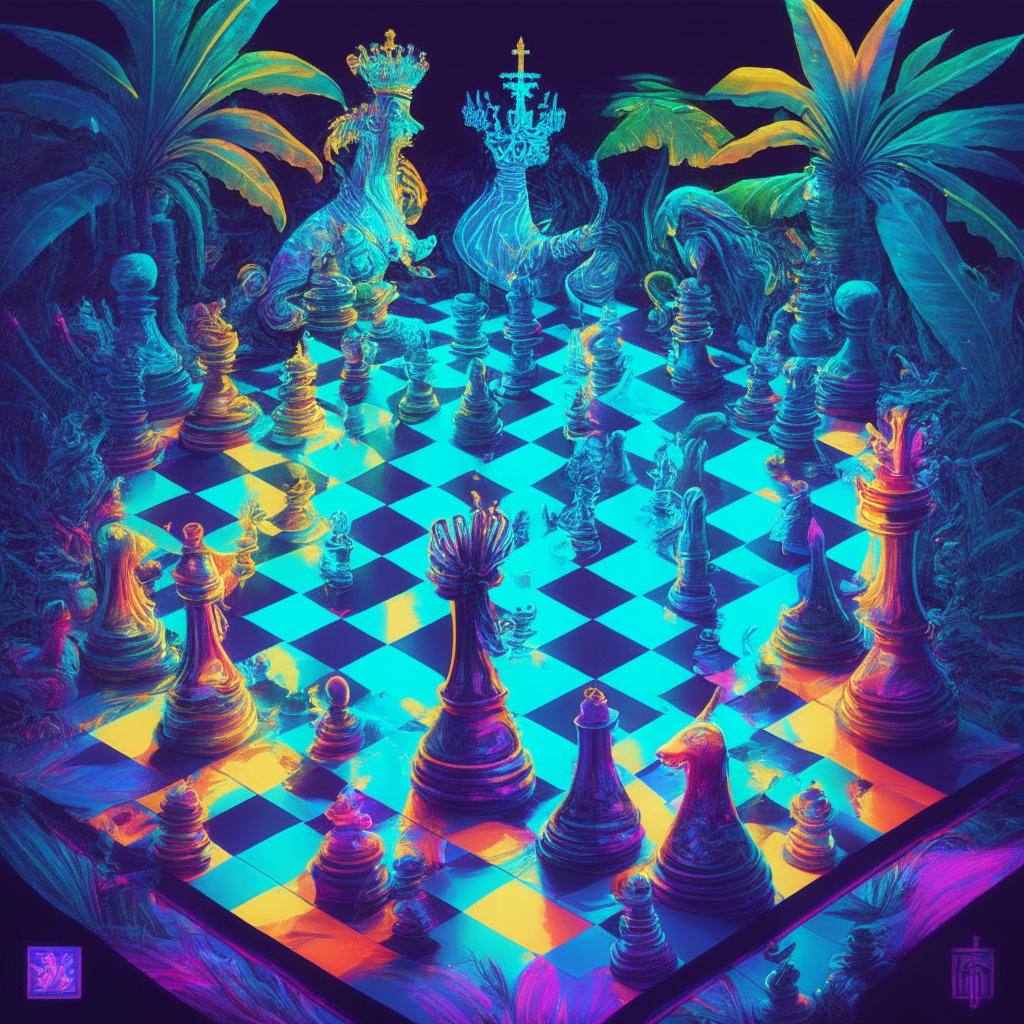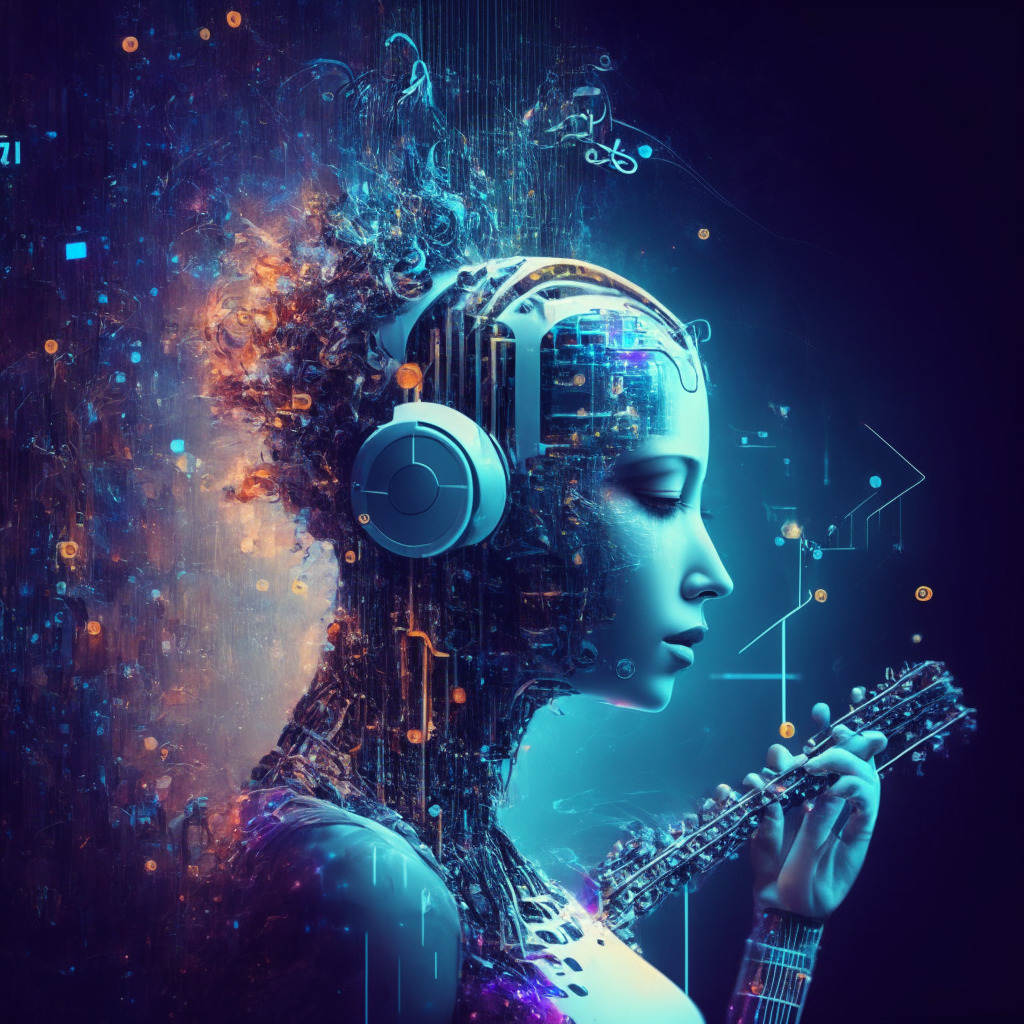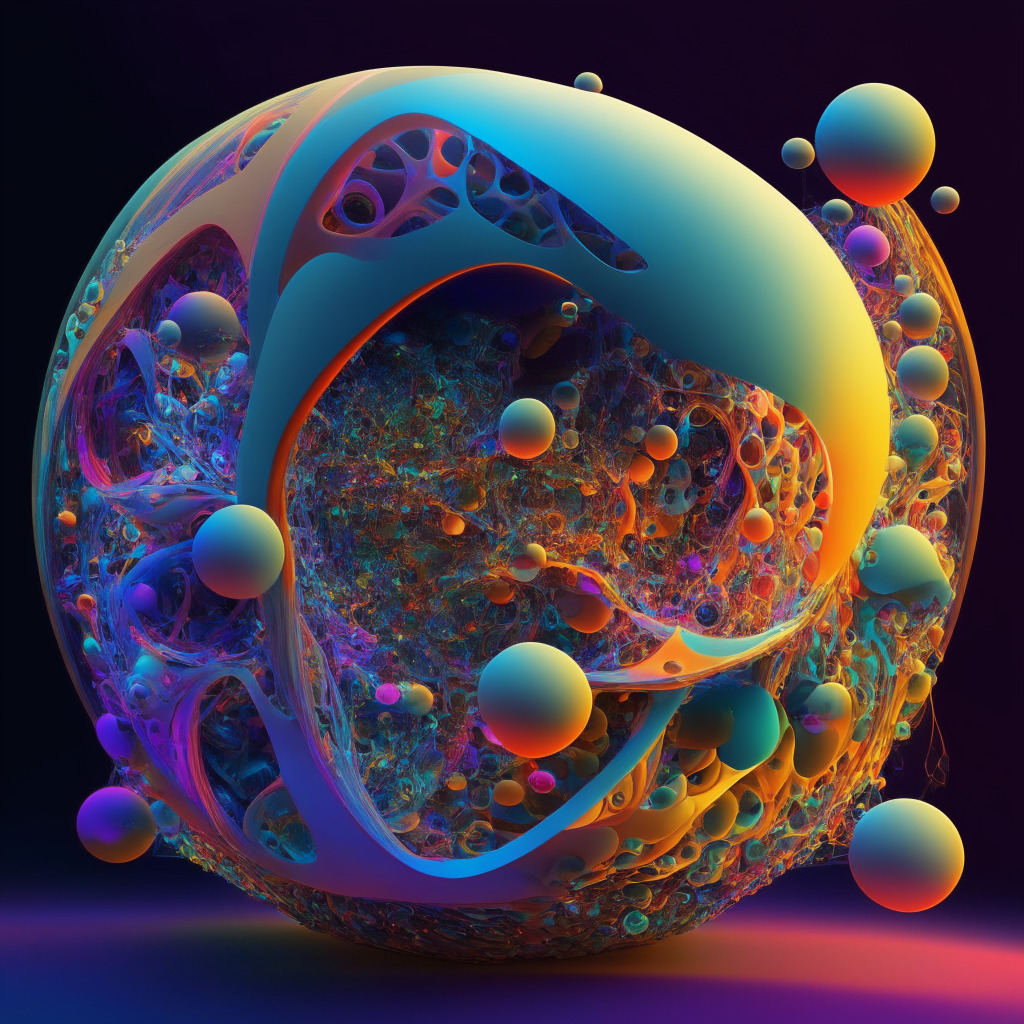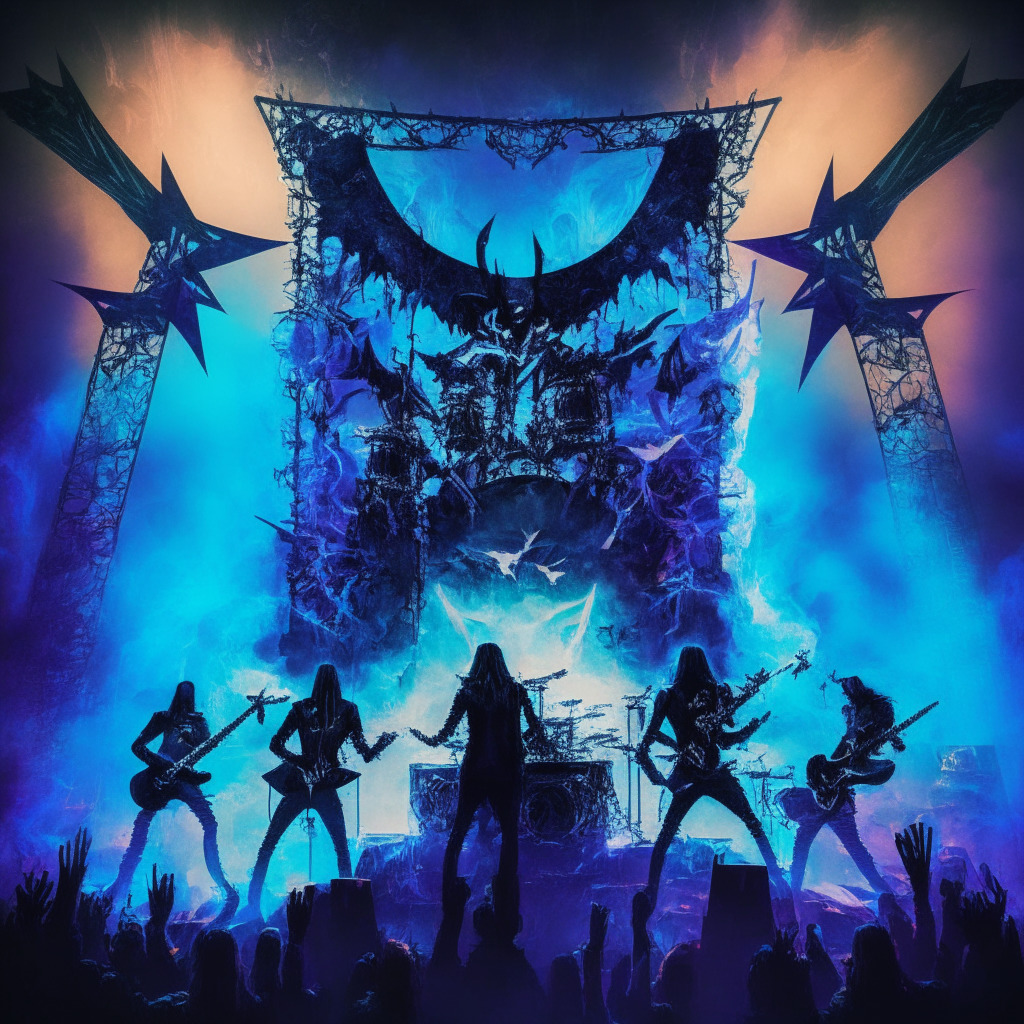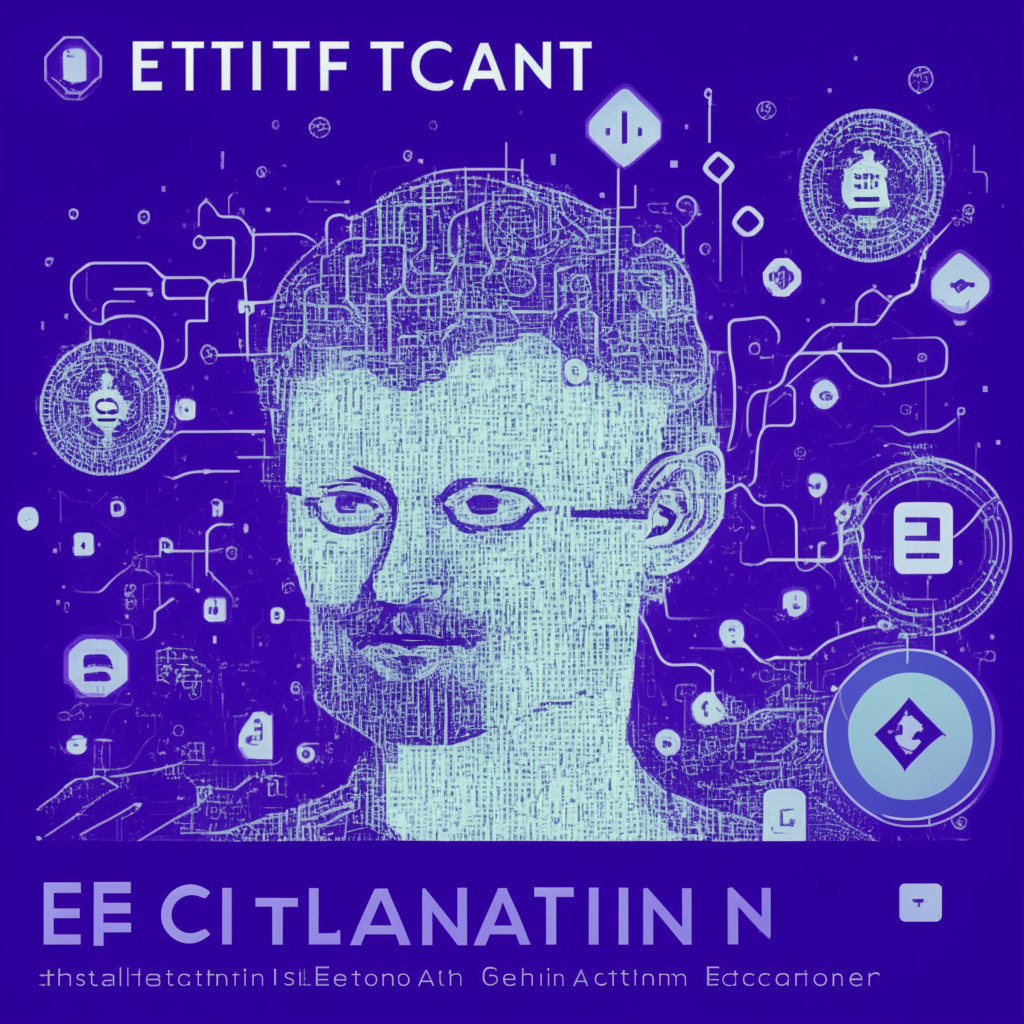Spotify removes 7% of AI-generated music by startup Boomy amid concerns of fraudulent activity and copyright issues. While the industry is apprehensive about the technology, some artists are eager to explore its potential. This conflict may shape AI’s future role in the music industry.
Search Results for: Spotify
Exploring Tokenization: The Future of Asset Management or a Risky Venture?
“Tokenization, the process of translating ownership rights of assets into digital tokens on a blockchain, is revolutionizing traditional finance by streamlining payment mechanisms, creating programmable smart contracts, and ensuring secure, transparent ledgers. This conversion into non-fungible tokens (NFTs) promises simplified, optimized payments for artists, content creators, and sports personalities.”
Rewiring the Music Industry: AI’s Emerging Role and Its Controversial Impact
“AI platform Musixy.ai is changing the dynamic in the creative music industries by serving as a streaming platform, label, and marketplace for AI-generated music. The platform aims to provide Grammy eligibility for AI-produced songs and offers a solution for copyright infringement issues. However, the adoption of AI in music is met with legal challenges and industry confusion.”
AI’s Controversial Role in Music: The Grammy Drama Around AI-Generated Drake Song
“The CEO of the Recording Academy clarified misconceptions regarding an AI-generated Drake song. Despite the song being written by a human, the vocals were not legally obtained nor approved by the artist or label, disqualifying it for Grammy consideration. This highlights issues around copyright law in the context of AI and the need for regulations to keep pace with technology’s evolution.”
AI-Generated Song Vies for Grammy: Innovation or Threat to Human Creativity?
An AI-generated song featuring a track of rapper, Drake, is vying for a Grammy nomination. The song, presented by a producer known as “Ghostwriter”, raises questions about the authenticity of AI-generated music and sparks a conversation about the challenges and opportunities of integrating AI in the music industry.
The Metamorphosis of Music: Blackpink’s Takeover of the Metaverse With a Virtual Concert Experience
K-pop sensation Blackpink has joined forces with Roblox and metaverse studio Karta to create ‘Blackpink: The Palace’, an online event providing fans with immersive, music-centric experiences. The Palace offers fans opportunities to interact with digital avatars, mine crystals, participate in Blackpink-themed parties, and purchase custom outfits. This novel integration of music and virtual realms signifies the expanding influence of metaverse platforms within the music industry.
Web3 Music Platform Strikes a $20M Chord: Blockchain Reshaping the Music Industry
“Sound, a Web3 music platform, raises $20 million for its innovative solution in reshaping the music industry using blockchain technology. It enables music creators to mint their songs as NFTs and sell them directly to fans, eliminating intermediaries and ensuring 100% revenue retention for artists. With active backing from notable music industry figures, this initiative marks a significant stride in blockchain adoption in entertainment.”
Harnessing Blockchain for a More Rewarding Concert Experience: A Revolution or Intrusion?
“Invited to use the EVENTZ app, fans at a Harry Styles concert had their first experience with blockchain technology and digital wallets. This integration can revolutionize event management, establishing a rewarding system and acknowledging regular attendees. With potential rewards for purchasing tickets, engaging with content, or buying merchandise, the music industry is starting to amass exciting blockchain innovations.”
FC Barcelona & World of Women NFT Collaboration: Pros, Cons & Environmental Concerns
FC Barcelona collaborates with NFT collection World of Women to launch the “Empowerment” NFT, inspired by soccer player Alexia Putellas. This partnership highlights the growing adoption of blockchain technology in sports and addresses concerns about environmental impact and representation.
FC Barcelona & World of Women NFT: Empowering Women or Just Hype?
FC Barcelona collaborates with NFT project World of Women for the second release of their “Masterpieces” collection, featuring digital artwork “Empowerment” honoring women’s club captain Alexia Putellas. The partnership aims to grow female representation in sports and celebrate inspirational figures, merging sports, art, and blockchain technology.
Exploring ChatGPT Plugins: Boon or Bane for Human Decision-Making?
The rapid growth of AI, fueled by ChatGPT plugins, has led to advancements in diverse fields like education, law, and gaming. As over 400 plugins now cover areas such as blockchain analytics and weather predictions, concerns arise about overdependence on AI chatbots, emphasizing the importance of balancing convenience with critical thinking.
AI vs. Actors: SAG-AFTRA Strikes, Demanding Fair Play in the Age of Generative AI
The Screen Actor Guild (SAG) is focusing on generative AI’s impact on the entertainment industry, emphasizing the need for clear boundaries concerning individuals’ images, informed consent, and fair compensation. SAG-AFTRA’s national executive director advocates a human-centered approach to AI implementation, balancing technology’s incorporation while respecting performers’ rights and livelihoods.
Giddy Wallet and Bitrefill Integration: Pros, Cons, and Conflicts in Crypto Yield Spending
Self-custody wallet Giddy partnered with Bitrefill, enabling users to pay for everyday items using cryptocurrency yield. The integration connects crypto and blockchain with real-world purchases and allows access to DeFi lending pools and protocols for generating yield without touching initial deposits.
Chess Meets NFTs: Immortal Game, Polo & Pan Revolutionize the Classic Strategy Experience
Immortal Game collaborates with electronic musicians Polo & Pan to introduce a limited edition collection of 500 digital chess pieces as NFTs on Ethereum scaling network Polygon. This partnership combines play-to-earn concept with unique aesthetics, offering players new quests, private tournaments, music, and real-world perks while aiming to make chess more accessible and expanding the online chess community.
AI and Blockchain Revolutionizing Music: Growth, Creativity, and Artist Protection
AI integration in music creation streamlines the process, offering variations for songwriters and engaging fans with personalized compositions. Blockchain technology can authenticate artist’s work and AI-generated creations, protecting artists and ensuring fair share of profits in a dynamic new era of music industry.
RAC’s CULT Pass: Merging Web3, AI & NFTs to Connect Artists and Audiences
RAC has collaborated with HIFI Labs to launch the CULT Pass, a dynamic NFT membership pass with visuals by artist Andres Reisinger and audio by RAC. This innovative project combines Web3 and AI to explore the possibilities of building a deeper connection between artists and audiences, providing ownership of the community and creating immersive membership experiences.
Avenged Sevenfold Leads Web3 Charge: NFTs, Ticketing, and Challenges in Music Industry
Heavy metal band Avenged Sevenfold leads the exploration of Web3 in the music industry, launching its NFT-based club, Deathbats Club, and partnering with Ticketmaster for token-gated ticket sales. With efforts to provide exclusive opportunities and strengthen fan connections, the band faces challenges convincing other artists to adopt this technology.
Account Abstraction: The Key to Onboarding the Next Billion Crypto Users?
Elisha Owusu Akyaw and Ivo Georgiev, CEO of Ambire, discussed the potential of account abstraction in increasing crypto adoption. Georgiev argues that making wallets programmable with multiple keys can offer advanced features, such as two-factor authentication, and attract a wider audience by embedding wallets on websites. This could play a crucial role in onboarding millions, if not billions, of users worldwide.
Navigating Market Downturns: AI’s Role in Simplifying Web3 Adoption and Security
AI and blockchain technology have the potential to join forces and revolutionize Web3, enhancing user engagement, personalizing onboarding processes, and strengthening security. By simplifying blockchain use cases, AI can help onboard 1 billion users and create a stronger future for Web3.


